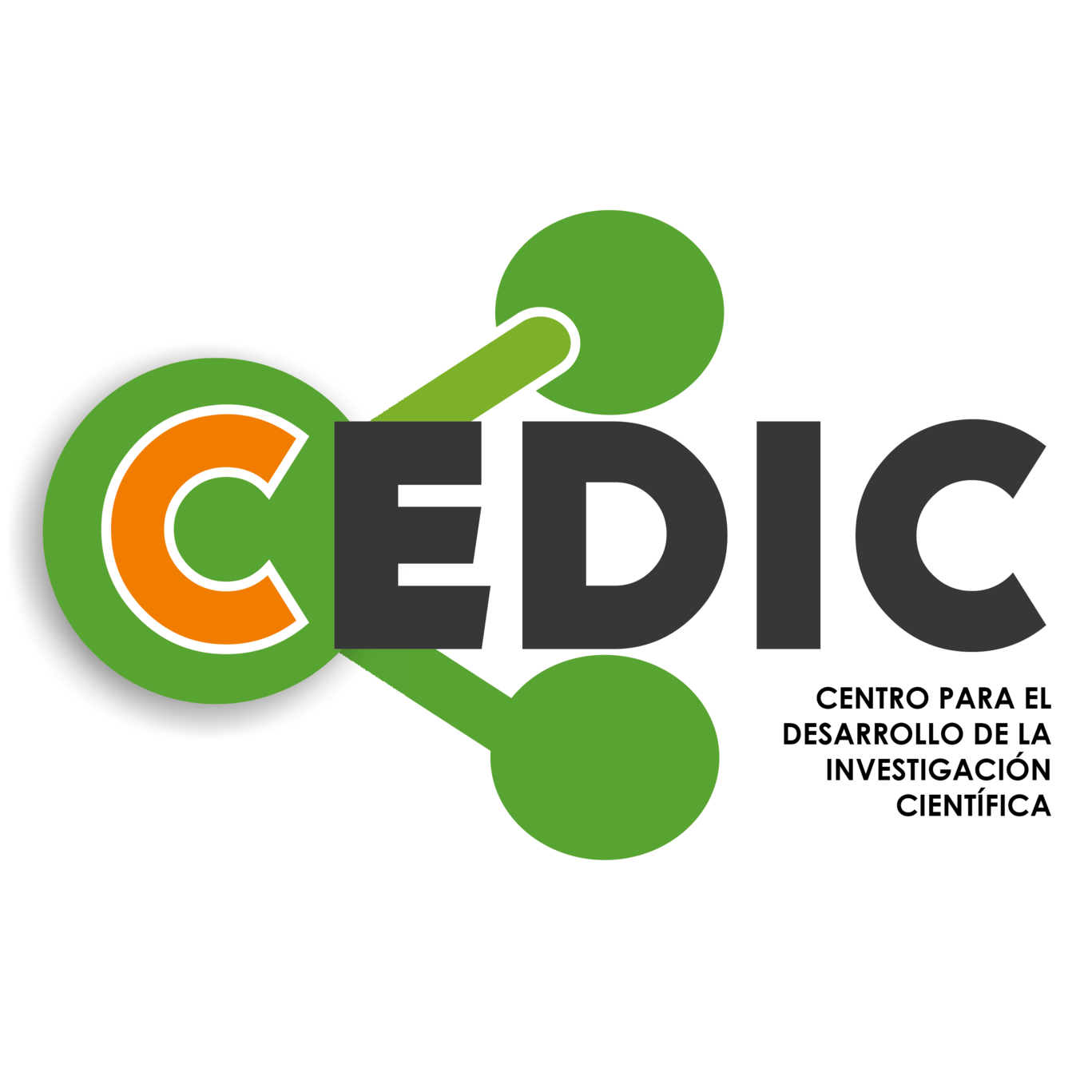Middle-Aged Scientists are Most Potent
Is science a young person's game?
By K Brad Wray |
Is science a young person's game? Many think so; Einstein, Bohr, and Kelvin come to mind as confirming instances. Indeed, youthfulness is alleged to provide many advantages in scientific research. First, some claim that young scientists have more time and energy than their older colleagues. Thus, while older scientists are occupied with gate-keeping and administrative duties, their younger colleagues devote their time to research. As a result, young scientists are thought to be more productive than their older colleagues.
Second, some suggest that young scientists are more creative. Things that older colleagues consider to be beyond question are more apt to be challenged by young scientists. As a result, young scientists are alleged to be responsible for the more radical innovations in science.
Third, some suggest that young scientists are quicker than their older colleagues with respect to accepting innovations. Old scientists, we are told, are especially resistant to innovation, because they are the ones responsible for yesterday's innovations that are today's orthodoxies.
Underlying these claims is the conviction that young scientists play a key role in the process of scientific change. These views about the advantages of youthfulness in science probably contribute to making science an attractive career to young people. The young are apt to be enticed into a career that offers them the opportunity to rise to a position of power quickly. In many other careers, leadership positions are reserved for older people.
All three of these popular views concerning the advantages of youthfulness are mistaken; critical scrutiny of the available data reveals a very different picture about young scientists. Before proceeding to show this, let me be clear about who counts as a young scientist. Some mathematicians and physicists suggest that after the age of 30 a scientist is no longer young. These are the sorts of people who believe the myths outlined above. I will count as young all scientists aged less than 35 years or younger. Scientists 36 to 45 years old count as middle-aged, and scientists aged 46 years and older are considered old.
The available data suggest that the middle-aged scientist is most productive and most inclined to make a revolutionary discovery. Despite great variation in the output of individual scientists throughout their careers, if we examine the aggregate output of many scientists, it rises from early in their career, reaches a peak in the middle, and then begins to decline thereafter.1
Moreover, though young revolutionary scientists may easily spring to mind, numerous revolutionaries have made their significant contributions later in their careers [see Table]. For example, Galileo was 52 when he discovered that weight and rate of fall are independent, and Roentgen was 50 when he discovered X-rays.2 Pasteur's many significant contributions to the field of bacteriology were made when he was between 55 and 58 years old.3
Finally, older scientists are not especially resistant to new ideas. In fact, some studies suggest that the older scientists are quicker than younger scientists in accepting a new theory. Why then do these myths persist?
One reason that young scientists are thought to make more significant discoveries than older scientists is because young scientists are responsible for a disproportionate number of significant discoveries. However, between 1700 and 1960, young scientists also constitute a disproportionate number of working scientists. By my estimation, throughout that period, scientists under the age of 36 constituted approximately 45% of working scientists. Science was growing at an exponential rate, with the number of scientists doubling every 15 years. When we take this into account, young scientists are not especially productive of significant discoveries.2
Once we recognize the source of the myth, we realize that good reasons justify our thinking that middle-aged scientists would be more productive than young scientists. After all, making significant contributions to science does not merely require coming up with good ideas. One needs resources, both material and social. Scientists depend upon a network of colleagues to help them advance their research. They also often need access to expensive equipment, and these are the sorts of things that middle-aged scientists are more likely to have. Hence, young scientists are not the engines of scientific change that the popular myth implies.
Young scientists still play a crucial role in science. Unless we have a sufficient number of young scientists today we will find ourselves with a shortage of middle-aged scientists in the future.
K. Brad Wray (kwray@oswego.edu) is at the Department of Philosophy, State University of New York, Oswego.
